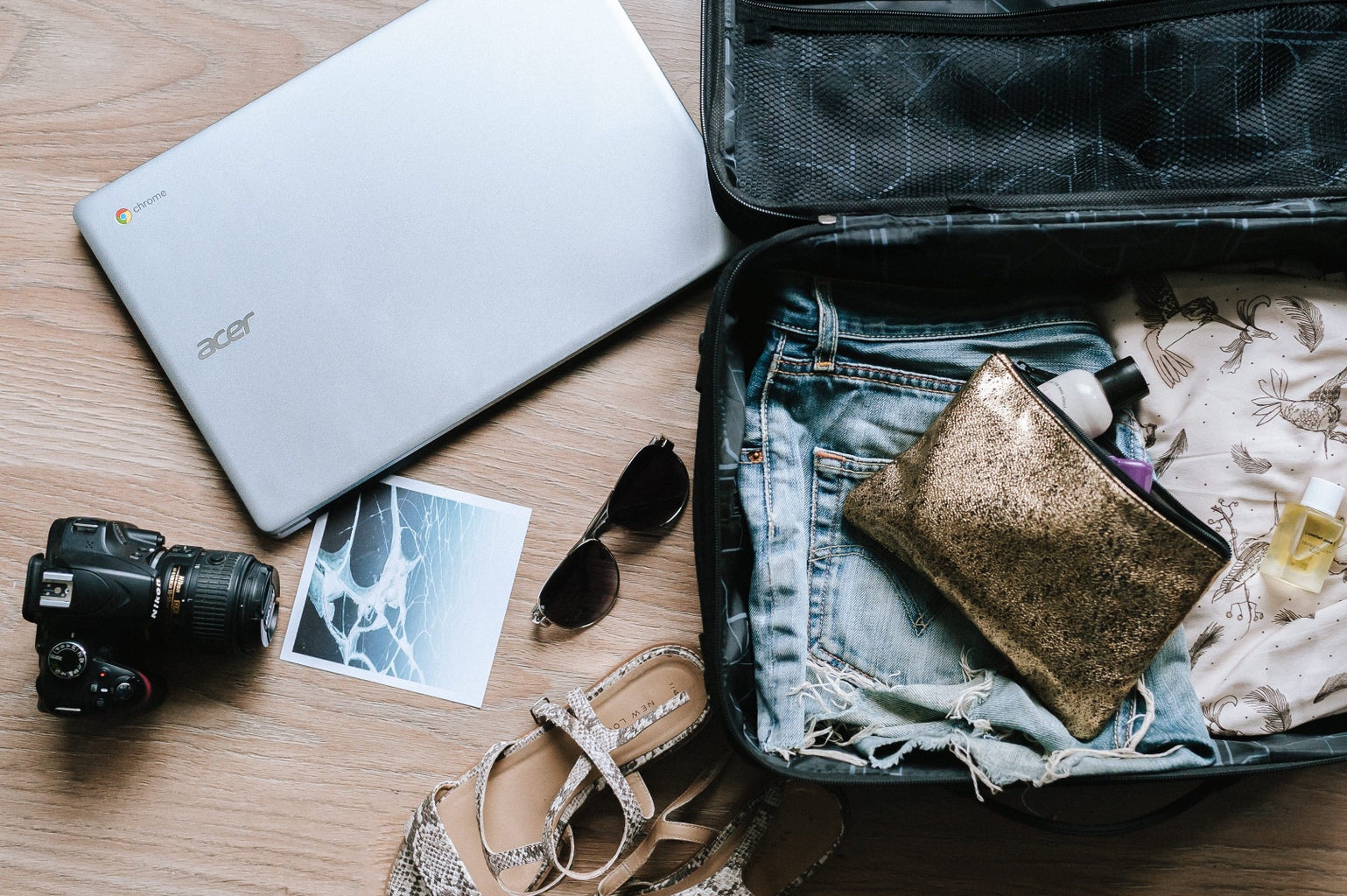As I was preparing to start my study abroad adventure, I wanted some guidance on what to expect because I hadn’t spent much time out of the country, and this was both exciting and nerve-wracking for me. After some deep dives on Her Campus I found that there weren’t many recent articles related to studying abroad, most likely due to the pandemic, which put our travel dreams on hold. So, I want to be a voice for the girlies who are interested in taking the risk of moving to another country for a semester.
I am currently studying business in Paris, and went into this experience totally blind and confused. There was little information on the program, so the countdown to my departure date seemed daunting. However, I am so happy that I placed my full faith into this experience because I would have regretted it otherwise.
That being said, the initial culture shock upon my arrival was intense and made me question my decision. This was not a feeling I had anticipated experiencing. Take this article as a gentle warning that your first few days might be difficult. I can’t speak on everyone’s experience with culture shock, but I can at least describe my own, so that you might have a better understanding of how it may feel when you leap over the Atlantic.
The language barrier is tough, and I have been studying French for years. I am even minoring in it at UConn, but it felt like I was starting at square one when I stepped off my flight. Give yourself time to adjust to the pacing of the language, and colloquialisms that you may not have covered in class. If you are studying somewhere where you do not know the language, I highly encourage you to attempt to learn the basics well in advance of your arrival. The locals will be much more inviting if you at least make an effort to communicate in their native tongue— think of Emily in Paris when she came to her office only speaking English.
Secondly, you will feel out of place. I thought I knew enough about French culture to slide right in… boy was I wrong. There are so many nuances of culture that you can’t understand through textbooks— so ask questions, and be observant. This takes time, after only a couple weeks in the city I definitely still feel like an outsider. It is a good idea to try to meet locals or other international students in your classes because they are a great resource for becoming more accustomed to the culture and daily life.
There are times where you might feel completely overwhelmed and frustrated. It is easy to just sit in your bed and take a break from the country. You can disconnect from the culture and call your American friends or watch New Girl. This is not the time to fall into that trap. You need to force yourself to keep exploring your area, and immerse yourself in the culture. There is a steep learning curve, but you will never reach the crest until you put yourself in unfamiliar conditions. So, go to a local coffee shop instead of Starbucks, and use the public transportation systems. Start attempting to become a local, so that in a month or so you might eventually feel like a local.
Your body also takes some time to adjust. This was big for me, the time difference hit hard. I made myself fall into routine right away, but still during the day I was tired and achy. It took a solid few days for my body clock to adjust. When you step off the plane you hit the ground running, and it’s difficult to keep up, but eventually things start to level out. Everyone is different in this way, but don’t get nervous if it takes a week to start feeling like your everyday healthy self.
Aside from the physical toll travel can take, there is a mental health journey as well. While it isn’t a good idea to be in constant communication with your American circle, it is important to have a support system. Try to create one within your study abroad program because they can be there for you no matter the time. But still, call your mom, call your sibling, it is nice to have that sense of comfort when you are just arriving.
That intangible comfort from your inner circle is wonderful but don’t forget about creature comforts. These are great for making your new room feel like home. I wish I had brought more of these. Your program’s accommodations only provide the bare essentials, so it’s up to you to make your new digs feel like home. It isn’t weird to bring your stuffed animal you’ve had since you were six, or anything that makes you feel comforted because you want to be able to adjust smoothly, and you can always hide it in your suitcase.
All of this might sound intimidating, but don’t let this deter you from applying to go abroad. This list is based on my experience, and after working through my culture shock I am loving my time here in Paris. This is a natural part of moving somewhere new; if you can acknowledge it and learn to push through the discomfort and frustration you will quickly start to enjoy your city. Lastly, put yourself out there. Meet people outside of your program. Do the whole cultural exchange thing— who knows who you will meet, what you will learn, and the stories you will create.




